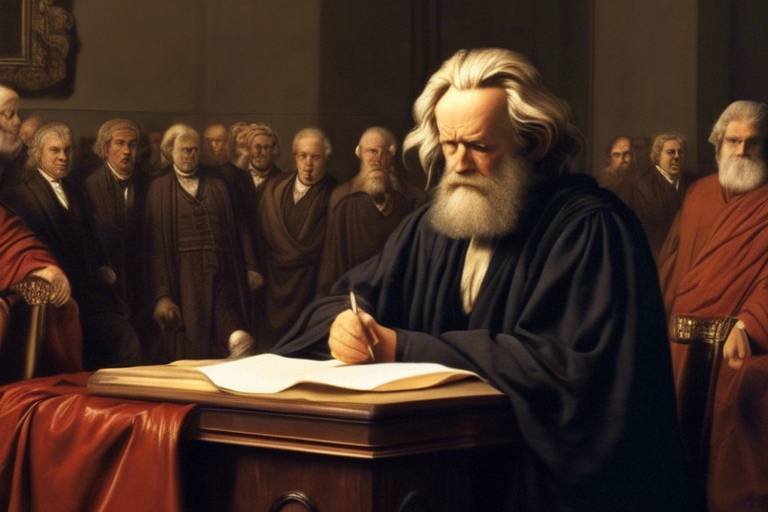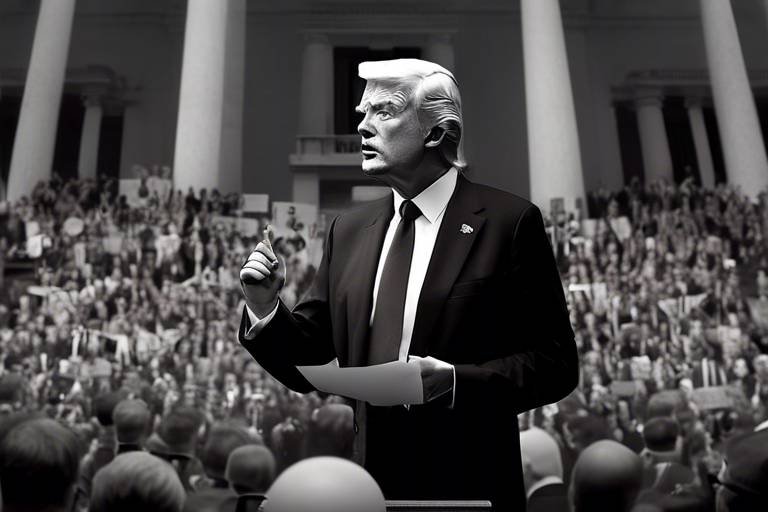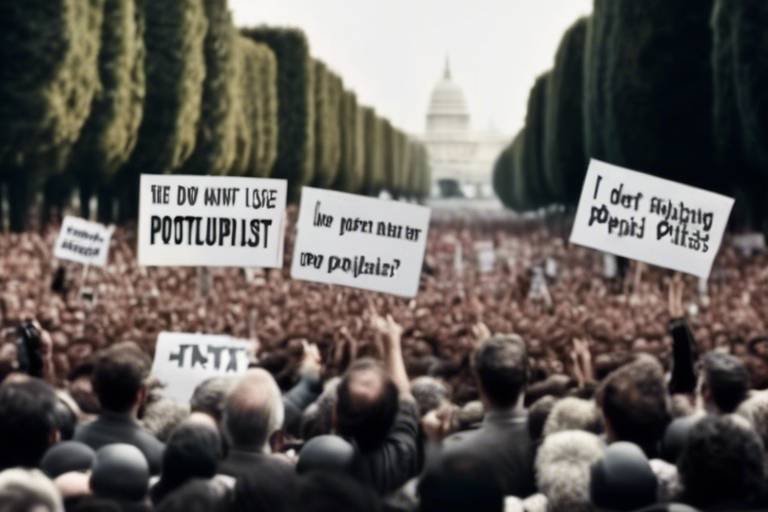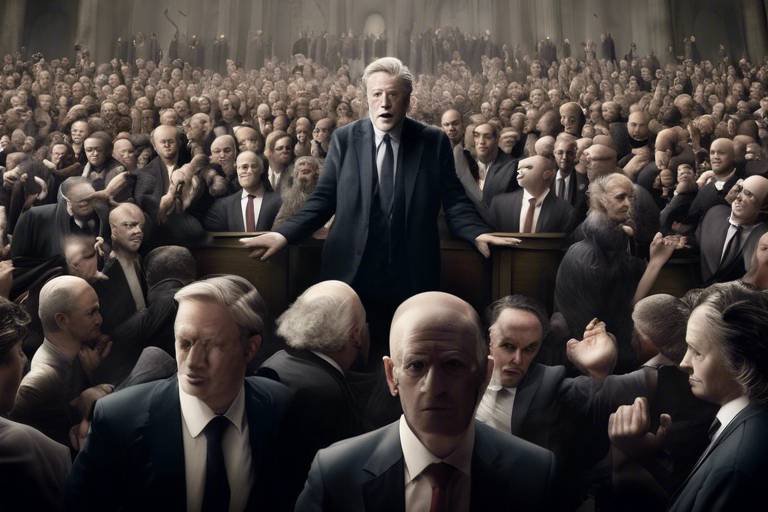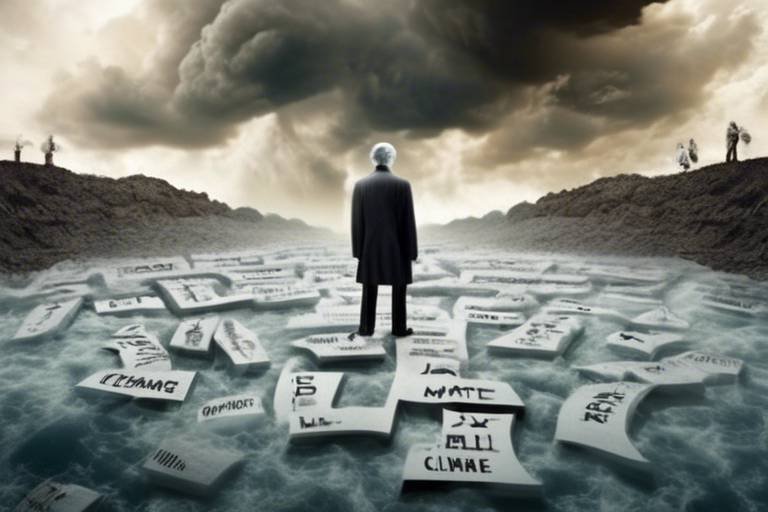The Intersection of Philosophy, Religion, and Politics
The intricate dance between philosophy, religion, and politics has been a subject of fascination for centuries. These three domains, while distinct, are deeply intertwined, influencing one another in ways that shape our societies, values, and ethical frameworks. Imagine a three-legged stool; if one leg is shorter or weaker, the entire structure becomes unstable. Similarly, the balance among philosophy, religion, and politics is crucial for a harmonious society. Each domain offers a different perspective on life, morality, and governance, creating a complex tapestry of human thought and behavior.
At the heart of this intersection lies the quest for meaning and understanding. Philosophy asks the big questions—What is the nature of existence? What is right and wrong?—while religion offers answers that often provide comfort and community. Politics, on the other hand, is the arena where these philosophical and religious ideas are put into practice, influencing laws and governance. This interplay can lead to profound societal changes, for better or worse. For instance, consider how religious beliefs can inspire movements for social justice or, conversely, how they can be manipulated to justify oppression. The stakes are incredibly high, and the outcomes can be transformative.
As we delve deeper into this topic, we will explore how philosophical thought underpins religious beliefs, the role of religion in shaping political systems, and the ethical dilemmas that arise when these domains collide. We’ll examine how historical contexts have influenced these relationships and highlight contemporary examples that illustrate their ongoing relevance. Are we witnessing a resurgence of religious influence in politics today? Or is secularism gaining ground? The answers to these questions will help us understand not just our past, but also our future.
Philosophy provides a framework for understanding the divine and moral principles that guide human behavior. Think of it as the lens through which we view the world. Key philosophers like Plato, Aristotle, and later thinkers such as Kant and Nietzsche, have shaped our understanding of ethics, existence, and the nature of God. Their ideas have not only influenced religious thought but have also sparked debates that continue to this day.
Religion has played a pivotal role in the establishment and evolution of political systems throughout history. From the divine right of kings to the influence of religious institutions in modern democracies, the impact of faith on governance is undeniable. For instance, many laws and moral codes are derived from religious doctrines, which serve as a foundation for societal norms. This relationship raises important questions: Should religious beliefs dictate laws? How do we balance the moral teachings of religion with the principles of democracy?
In some countries, theocratic governance places religion at the center of political power, creating a system where religious leaders hold significant authority. Conversely, secular states advocate for a separation between religion and political authority, aiming to ensure that governance is free from religious influence. This dichotomy leads to a variety of outcomes, each with its own set of advantages and challenges.
Religious leaders often wield considerable influence in political spheres. Their moral authority can sway public opinion and impact policy decisions. For instance, when a prominent religious figure speaks out on an issue, it can mobilize followers and shape the political landscape. This raises the question: should religious leaders engage in politics, or should they remain neutral? The answer is complex and varies across cultures.
To illustrate the impact of religion on governance, we can look at contemporary political systems. In countries like Iran, the intertwining of religion and state is evident, with Islamic law guiding legal frameworks. In contrast, nations like France uphold strict secularism, where religious symbols are often banned in public institutions. These examples highlight the diverse ways religion influences political systems around the globe.
The ideas of philosophers have significantly shaped modern political ideologies such as liberalism, conservatism, and socialism. Each ideology carries its own ethical implications, often rooted in philosophical thought. For example, liberalism emphasizes individual rights and freedoms, drawing from Enlightenment thinkers, while conservatism often reflects traditional values and social stability. Understanding these connections helps us navigate the complex political landscape we face today.
As we explore the intersection of philosophy, religion, and politics, we inevitably encounter ethical dilemmas. These conflicts often arise when individual beliefs clash with societal norms or state regulations. For instance, the tension between freedom of belief and state control poses significant challenges for governance and personal liberties.
One of the most pressing issues in this realm is the balance between individual freedom of belief and the necessity for state control. In many societies, laws are enacted to maintain order, but these laws can sometimes infringe upon personal beliefs. This raises ethical questions about the role of government in regulating religious practices: should the state intervene in matters of faith, or should individuals be free to believe as they choose?
Another critical area of exploration is the compatibility of human rights principles with various religious doctrines. In some instances, religious beliefs may conflict with established human rights, leading to tensions that require thoughtful navigation. For example, issues surrounding gender equality or LGBTQ+ rights can present significant challenges in societies where traditional religious views prevail. Understanding these conflicts and seeking resolutions is essential for fostering a more inclusive and equitable world.
- How do philosophy, religion, and politics interact? These domains influence each other in shaping societal values, laws, and ethical frameworks.
- What role does religion play in politics today? Religion can inspire social movements and influence political decisions, reflecting its ongoing relevance.
- Are secular states better than theocratic ones? This depends on various factors, including cultural context and the values of the society in question.
- How can ethical dilemmas at this intersection be resolved? Open dialogue and a commitment to human rights are essential for navigating these complex issues.
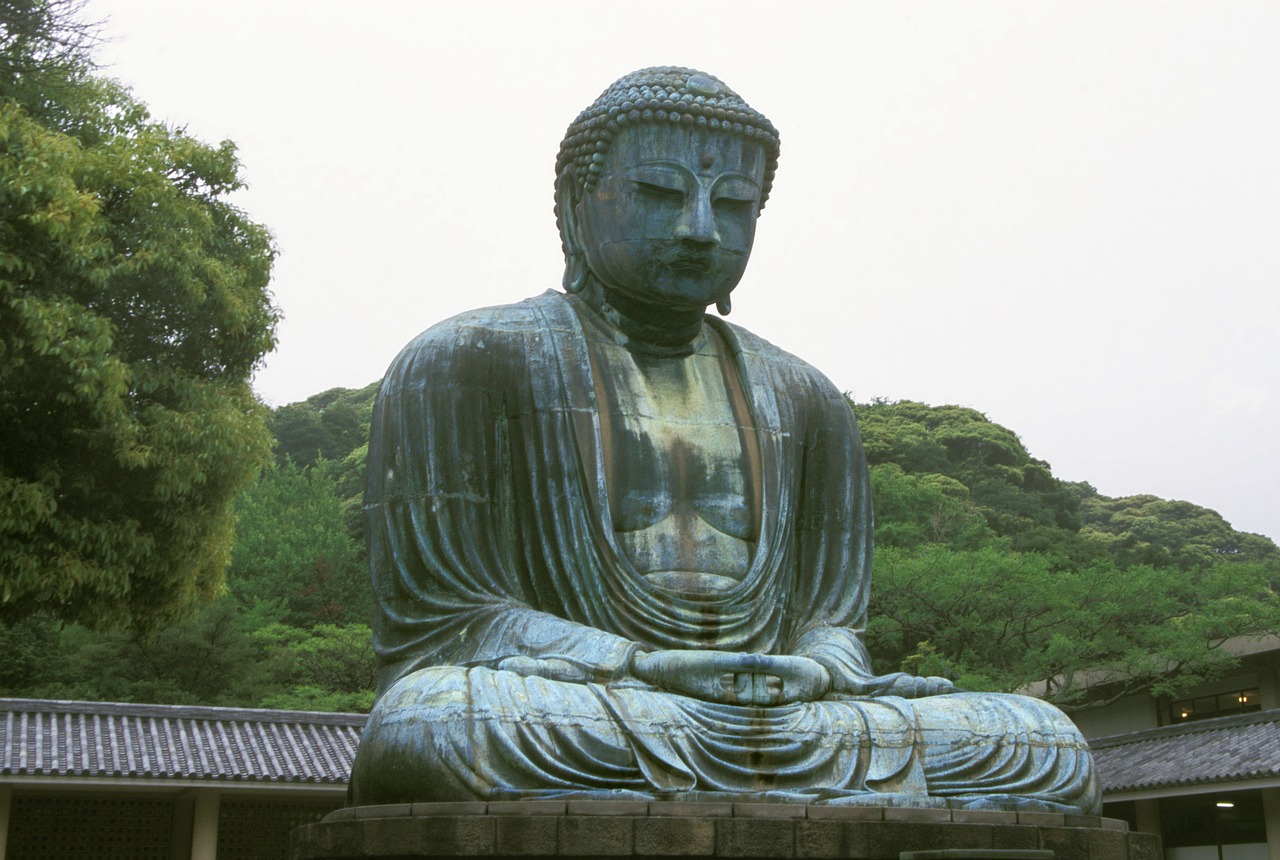
The Philosophical Foundations of Religion
When we dive into the philosophical foundations of religion, we are essentially peeling back the layers of human thought that have shaped our understanding of the divine and moral principles. Philosophy and religion are intertwined, each influencing the other in profound ways. Think of philosophy as the lens through which we examine the world, while religion often provides the canvas upon which our beliefs are painted. This relationship is not merely academic; it resonates through the ages, impacting how societies function and how individuals find meaning in their lives.
Throughout history, several key philosophers have made significant contributions to this dialogue between philosophy and religion. For instance, Plato posited that the material world is just a shadow of a higher reality, which aligns with many religious teachings about the existence of a transcendent realm. His notion of the "Forms" suggests that there are perfect ideals of truth, beauty, and goodness, which can be seen as a philosophical underpinning for many religious concepts of God or the divine.
Similarly, Immanuel Kant brought forth the idea of morality being intrinsically linked to rationality. He argued that moral laws are universal and can be understood through reason, which can complement religious doctrines that claim moral truths are divinely ordained. Kant's philosophy raises questions about the nature of faith: does one need to believe in God to act morally? This inquiry leads us to consider how different religious traditions interpret moral principles and whether they align with philosophical reasoning.
Moreover, the existentialists, such as Jean-Paul Sartre and Simone de Beauvoir, challenged traditional religious views by emphasizing human freedom and the absence of inherent meaning in life. They posed a radical question: if there is no God, then how do we derive meaning? This perspective has significant implications for religion, as it pushes believers to confront the foundations of their faith and the authenticity of their beliefs in a seemingly indifferent universe.
In exploring these philosophical ideas, we also uncover the ethical frameworks that religions offer. For example, the concept of the Golden Rule—treat others as you wish to be treated—can be found in various forms across different religions. This principle not only serves as a moral guideline but also reflects a philosophical understanding of empathy and human interconnectedness. It showcases how philosophical thought can enrich religious teachings, making them more accessible and relevant to contemporary ethical dilemmas.
As we navigate this intricate landscape, it's essential to recognize that the interplay between philosophy and religion is not always harmonious. Conflicts arise when philosophical inquiry challenges established religious beliefs, leading to debates about the nature of truth, morality, and existence. These tensions can be seen in various cultural contexts, where philosophical movements have either sparked reform or led to resistance within religious communities.
In conclusion, the philosophical foundations of religion serve as a vital framework for understanding not only the divine but also the ethical principles that govern human behavior. By examining the thoughts of influential philosophers and their impact on religious beliefs, we gain insight into the complex relationships that shape our worldviews. This exploration invites us to reflect on our own beliefs and the philosophical underpinnings that guide our moral compass.
- What is the relationship between philosophy and religion? Philosophy often seeks to understand the nature of existence, morality, and the divine, while religion provides frameworks and narratives that address these questions.
- Can philosophy exist without religion? Yes, philosophy can exist independently of religion, exploring ethical and existential questions through reason and logic alone.
- How do philosophical ideas influence religious beliefs? Philosophical ideas can challenge, reinforce, or reshape religious beliefs, prompting adherents to rethink their understanding of morality and existence.
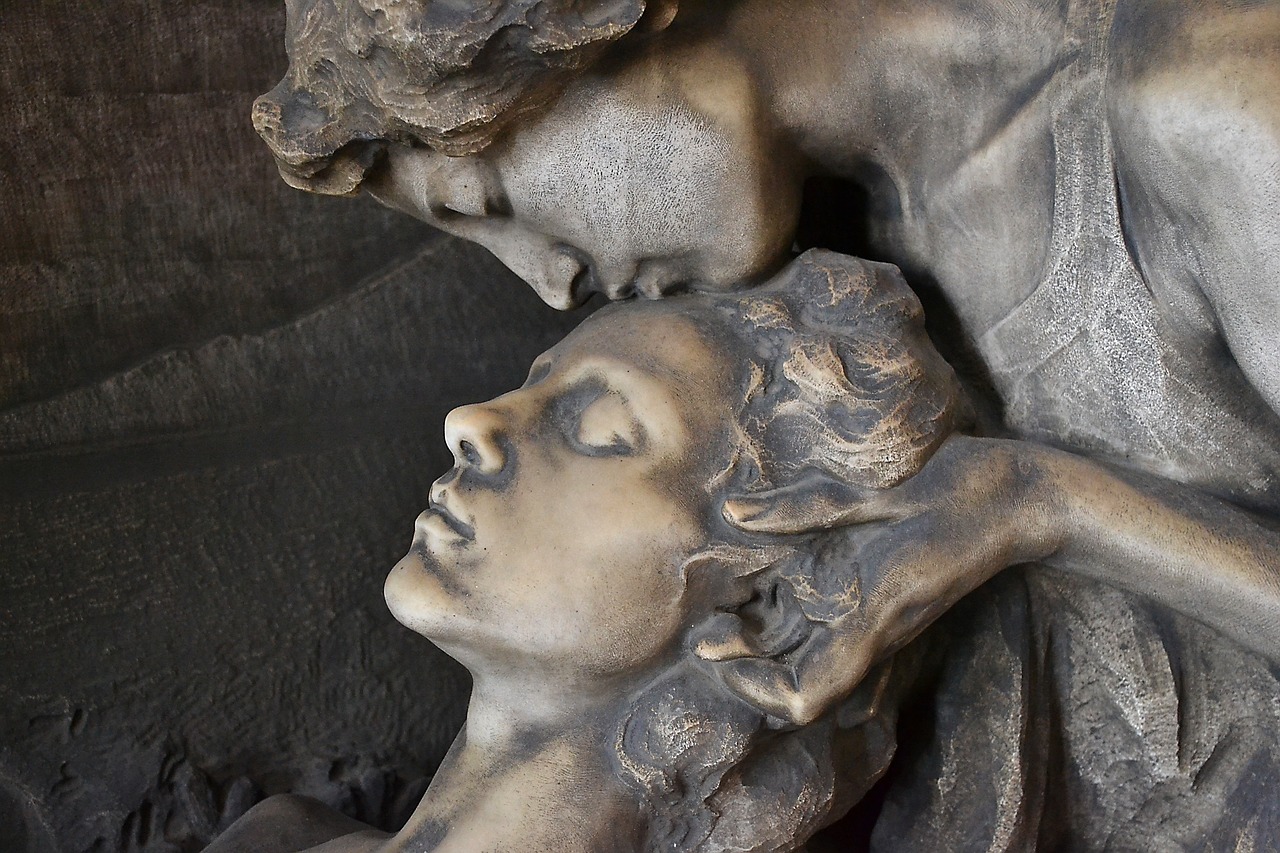
The Role of Religion in Political Systems
Religion has been a significant force in shaping political systems throughout history. It has not only provided a moral compass for societies but has also influenced laws, governance structures, and social norms. From ancient civilizations to modern democracies, the intertwining of religion and politics has created a complex tapestry that reflects the values and beliefs of the people. In many cultures, religious doctrines have served as a foundation for legal systems, guiding the ethical standards by which citizens are expected to live. This relationship raises a compelling question: how do these religious influences manifest in contemporary political landscapes?
One of the most striking aspects of the role of religion in politics is its ability to unify or divide populations. In some instances, religious beliefs can foster a sense of community and shared purpose, leading to cohesive societal values. For example, in countries where a single religion predominates, such as in many Islamic nations, religious laws often dictate not only personal conduct but also the governance of the state. This can create a strong sense of national identity but can also marginalize minority groups who may feel excluded from the political process.
On the other hand, the presence of multiple religions within a society can lead to significant political tension. When different religious groups vie for power, it can result in conflict and instability. The political landscape in countries like India, where Hinduism and Islam coexist, illustrates this dynamic. Here, religious affiliations often influence political parties and electoral outcomes, leading to policies that may favor one group over another. This complex interplay raises important ethical questions about governance and representation.
To better understand the role of religion in political systems, it's helpful to categorize the various influences it exerts. Below is a table summarizing key aspects of how religion interacts with politics:
| Aspect | Description |
|---|---|
| Moral Framework | Religion often provides the ethical guidelines that influence laws and social norms. |
| Legitimacy | Political leaders may derive legitimacy from religious authority, enhancing their power. |
| Social Cohesion | Shared religious beliefs can unify a population, fostering a sense of community. |
| Conflict | Competing religious groups can lead to political strife and violence. |
Moreover, the role of religious leaders in politics cannot be overlooked. These figures often wield significant influence, shaping public opinion and guiding political discourse. Their moral authority can sway the beliefs and actions of their followers, making them powerful players in the political arena. For instance, in the United States, evangelical leaders have played crucial roles in elections, mobilizing voters around specific issues that align with their religious beliefs.
As we navigate the complexities of modern governance, it's essential to recognize the diverse roles that religion plays in shaping political systems. From influencing laws to affecting social cohesion, the impact of religion is profound. Understanding these dynamics not only helps us comprehend historical contexts but also equips us to engage in contemporary political discussions with greater insight and empathy.
- How does religion influence lawmaking?
Religion can provide the moral foundation for laws, shaping societal expectations and ethical standards.
- Can a secular government coexist with religious beliefs?
Yes, many secular governments respect freedom of religion while maintaining a separation between religious institutions and state affairs.
- What are the consequences of religious conflict in politics?
Religious conflict can lead to social division, violence, and instability, affecting governance and societal harmony.
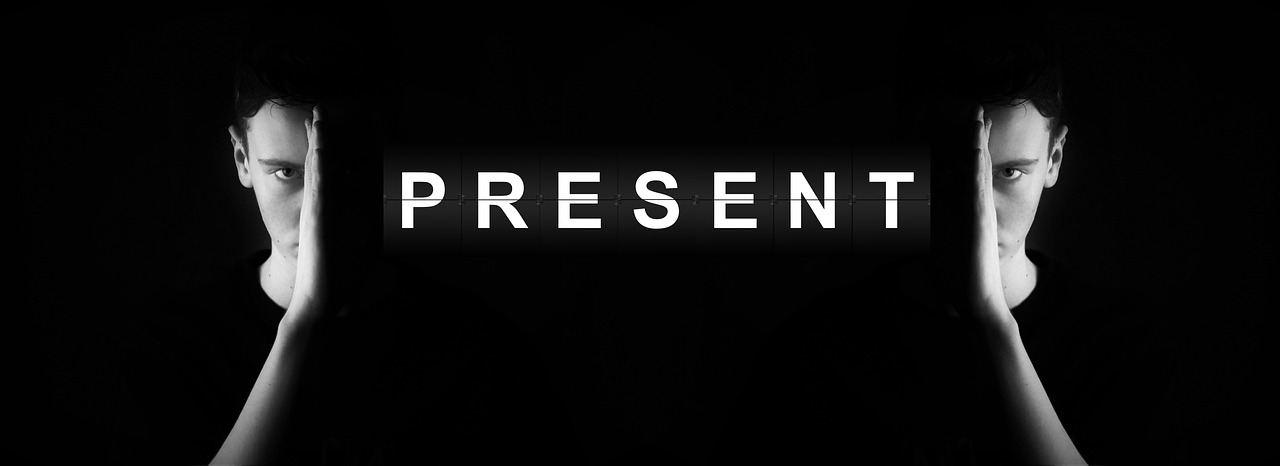
Theocracy vs. Secularism
When we think about governance, two terms often come to mind: theocracy and secularism. These concepts represent two divergent paths that societies can take regarding the relationship between religion and politics. A theocracy, in its simplest form, is a system of government where religious leaders control political power, and laws are often based on religious doctrine. Imagine a world where the laws you follow are dictated not by a democratic process but by ancient texts and religious authorities. This can create a profound sense of unity among followers, as the governance is aligned with their spiritual beliefs. However, it can also lead to significant challenges, especially for those who do not share the dominant faith.
On the other hand, secularism advocates for a clear separation between religion and state. In a secular system, the government remains neutral in matters of faith, allowing individuals the freedom to practice their beliefs (or none at all) without interference from the state. This separation can foster a more inclusive environment where diverse beliefs coexist. Think of it as a vibrant marketplace of ideas where no single ideology holds sway over the others. However, secularism is not without its own set of challenges. The absence of a guiding religious framework can lead to moral dilemmas, particularly in areas where ethical questions arise, such as bioethics, human rights, and social justice.
To illustrate the differences between these two systems, consider the following table:
| Aspect | Theocracy | Secularism |
|---|---|---|
| Definition | Government by divine guidance or religious leaders | Government free from religious influence |
| Law Source | Religious texts and doctrines | Constitutional and civil law |
| Religious Freedom | Limited; often favors the state religion | Encouraged; promotes pluralism |
| Examples | Iran, Vatican City | United States, France |
The tension between theocracy and secularism often leads to heated debates about the role of religion in public life. In a theocratic system, laws may reflect a particular religious morality, which can sometimes clash with the rights and freedoms of individuals who do not adhere to that faith. Conversely, while secularism promotes freedom of belief, it can also raise questions about the moral compass guiding laws and policies. For instance, should a secular state legislate based on ethical principles derived from religious beliefs if those principles resonate with a significant portion of the populace?
Ultimately, the choice between theocracy and secularism shapes not only the political landscape but also the very fabric of society. It influences how citizens interact with one another, how laws are formed, and how justice is administered. As we navigate these complex waters, it’s essential to consider the implications of each system on personal freedoms, social cohesion, and ethical governance.
- What are the main differences between theocracy and secularism? The key differences lie in the source of law, the role of religious leaders, and the level of religious freedom allowed within the state.
- Can a country be both theocratic and secular? While it’s challenging to maintain both systems simultaneously, some nations may exhibit characteristics of both, often leading to tension and conflict.
- What are some examples of theocratic governments? Iran and Vatican City are prominent examples where religious leaders hold significant power over political decisions.
- How does secularism affect individual freedoms? Secularism generally enhances individual freedoms by allowing diverse beliefs and practices without state interference.
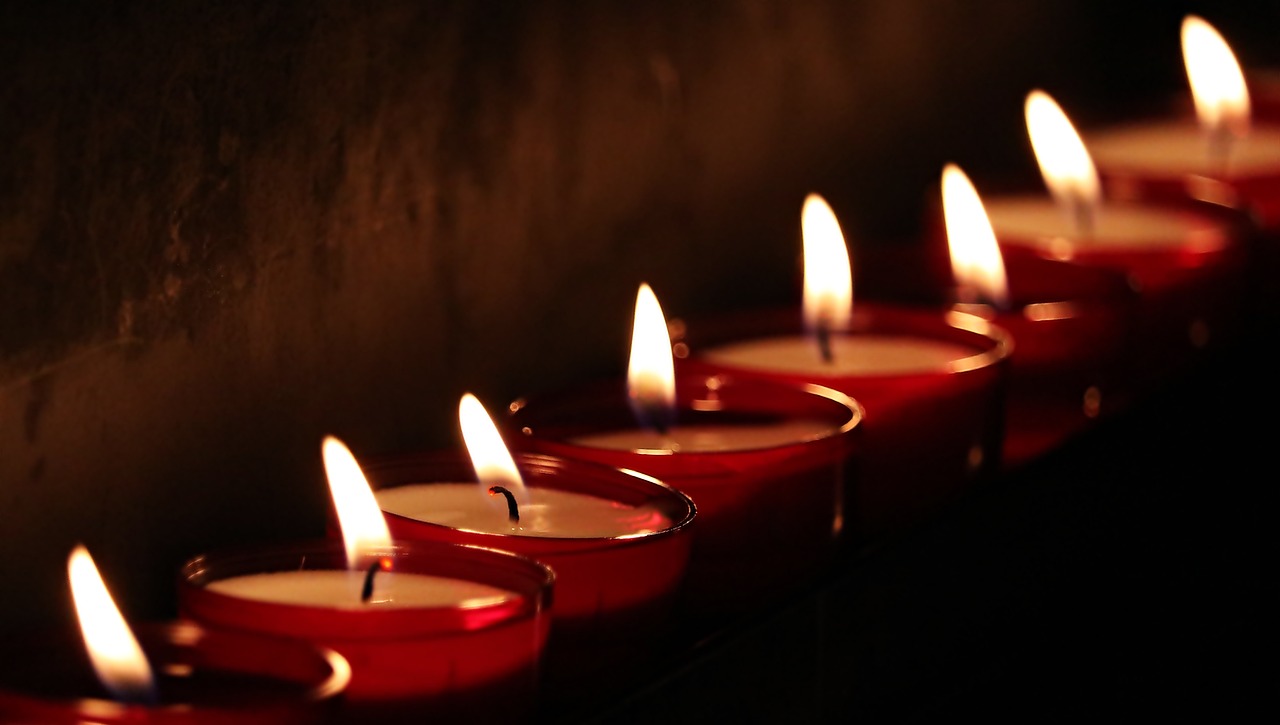
The Impact of Religious Leaders on Politics
The influence of religious leaders on politics is a fascinating and intricate dance that has shaped societies throughout history. These leaders often serve as moral compasses for their communities, wielding significant power that can sway public opinion and influence policy decisions. Imagine a ship navigating through stormy seas; religious leaders can be seen as the lighthouse guiding the way, illuminating paths of ethical understanding and social justice. Their teachings not only resonate within their congregations but can also echo across political landscapes.
One of the most striking aspects of this influence is how religious leaders can mobilize their followers to engage in political activism. When they speak out on issues such as human rights, poverty, or environmental concerns, their messages can galvanize communities and inspire collective action. For instance, leaders like Martin Luther King Jr. in the United States utilized their religious platforms to advocate for civil rights, showcasing how faith can fuel social change. This intersection of faith and politics often leads to movements that challenge the status quo, advocating for policies that align with their moral beliefs.
Moreover, the relationship between religious leaders and political entities can be symbiotic. In many cases, politicians seek the endorsement of prominent religious figures to bolster their credibility and gain support from specific voter bases. This can be seen in electoral campaigns where candidates align themselves with religious values to appeal to constituents. However, this relationship can also lead to ethical dilemmas, as the intertwining of faith and politics may blur the lines of impartial governance.
To illustrate the impact of religious leaders on politics, let's consider a few examples:
| Religious Leader | Country | Political Influence |
|---|---|---|
| Martin Luther King Jr. | United States | Civil Rights Movement |
| Desmond Tutu | South Africa | Anti-Apartheid Movement |
| Ayatollah Khomeini | Iran | Islamic Revolution |
These examples highlight the diverse ways in which religious leaders can shape political landscapes, from advocating for social justice to leading revolutions. However, the impact of religious leaders is not always positive. In some instances, their influence can lead to divisive politics, where sectarianism and intolerance are exacerbated. This raises critical questions about the role of faith in governance and the necessity for balance between religious beliefs and political authority.
In conclusion, the impact of religious leaders on politics is profound and multifaceted. They possess the unique ability to inspire, mobilize, and influence political discourse, often acting as bridges between moral teachings and societal needs. As we navigate the complexities of modern governance, understanding this dynamic becomes increasingly essential. The challenge lies in ensuring that this influence promotes unity and social good rather than division and conflict.
- How do religious leaders influence political decisions?
Religious leaders can sway public opinion through their sermons and teachings, mobilizing their followers to advocate for specific policies or social issues. - Are there any negative effects of religious leaders in politics?
Yes, their influence can sometimes lead to divisive politics, where intolerance and sectarianism are exacerbated. - Can politicians benefit from aligning with religious leaders?
Absolutely! Politicians often seek endorsements from religious leaders to gain credibility and support from religious voter bases.

Case Studies: Religion in Modern Politics
When we look at the intricate tapestry of modern politics, it’s impossible to ignore the vibrant threads of religion woven throughout. Across the globe, religion has not only shaped individual beliefs but has also played a pivotal role in the governance of nations. Let's dive into some fascinating case studies that illustrate how religion influences political systems, policies, and societal values.
One striking example is Iran, where the Islamic Republic embodies a theocratic governance model. Here, the intertwining of religion and politics is not just a historical artifact but a living reality. The Supreme Leader, a religious figure, holds significant power over the state, dictating not only political direction but also social norms. This system raises questions about the balance of power and the role of individual freedoms in a society where religious laws govern daily life. The implications of such a governance model can be seen in the strict enforcement of laws that align with Islamic principles, impacting everything from women's rights to freedom of expression.
On the other hand, let’s consider the United States, a country that prides itself on its secular constitution while simultaneously being deeply influenced by religious values. The phrase “In God We Trust” adorns currency, and religious rhetoric often permeates political discourse. The Christian Right has gained substantial influence, advocating for policies that reflect conservative Christian values. This phenomenon raises intriguing questions about the separation of church and state and how religious beliefs can shape legislation on critical issues such as abortion and education. The ongoing debates about these topics highlight the tension between personal belief systems and collective governance.
In India, the rise of Hindu nationalism has transformed the political landscape. The ruling party, the Bharatiya Janata Party (BJP), has integrated religious identity into its political strategy, appealing to Hindu sentiments to garner support. This shift has led to significant changes in policies regarding minority rights and social cohesion. The implications are profound, as they challenge the secular fabric of the nation and foster an environment of division among different religious communities. The case of India illustrates how religion can be a powerful tool for political mobilization, often at the expense of social harmony.
In contrast, we have Turkey, which has experienced a complex relationship between religion and politics. Initially founded as a secular state, recent years have seen a resurgence of Islamic influence under President Recep Tayyip Erdoğan. The government’s policies have shifted towards a more Islamic-oriented governance model, leading to debates about the future of secularism in the country. This evolution raises critical questions about the role of religion in public life and the potential consequences for democracy and individual freedoms.
These case studies reveal a spectrum of interactions between religion and politics, showcasing how deeply embedded religious beliefs can influence governance and societal norms. The interplay is not always straightforward; it often leads to ethical dilemmas and conflicts that challenge the very foundations of democracy and human rights. As we navigate these complexities, it’s essential to consider how different nations balance the scales between religious influence and political authority.
In conclusion, the examination of these case studies underscores the importance of understanding the role of religion in modern politics. Whether it leads to theocratic governance, influences secular states, or fosters national identity, the impact of religion on political systems is profound and multifaceted. As we move forward, recognizing these dynamics will be crucial in addressing the challenges that arise at the intersection of faith and governance.
- How does religion influence political decisions? Religion can shape the moral framework within which political decisions are made, influencing laws, policies, and the overall governance approach.
- What are the implications of theocracy? Theocracy can lead to a concentration of power in religious leaders, often resulting in restrictions on individual freedoms and human rights.
- Can secular states coexist with strong religious movements? Yes, but it requires careful balancing to ensure that individual rights are respected while allowing for the expression of religious beliefs.
- How do religious beliefs affect social policies? Religious beliefs often underpin social policies, particularly in areas like education, healthcare, and family law, influencing societal values and norms.
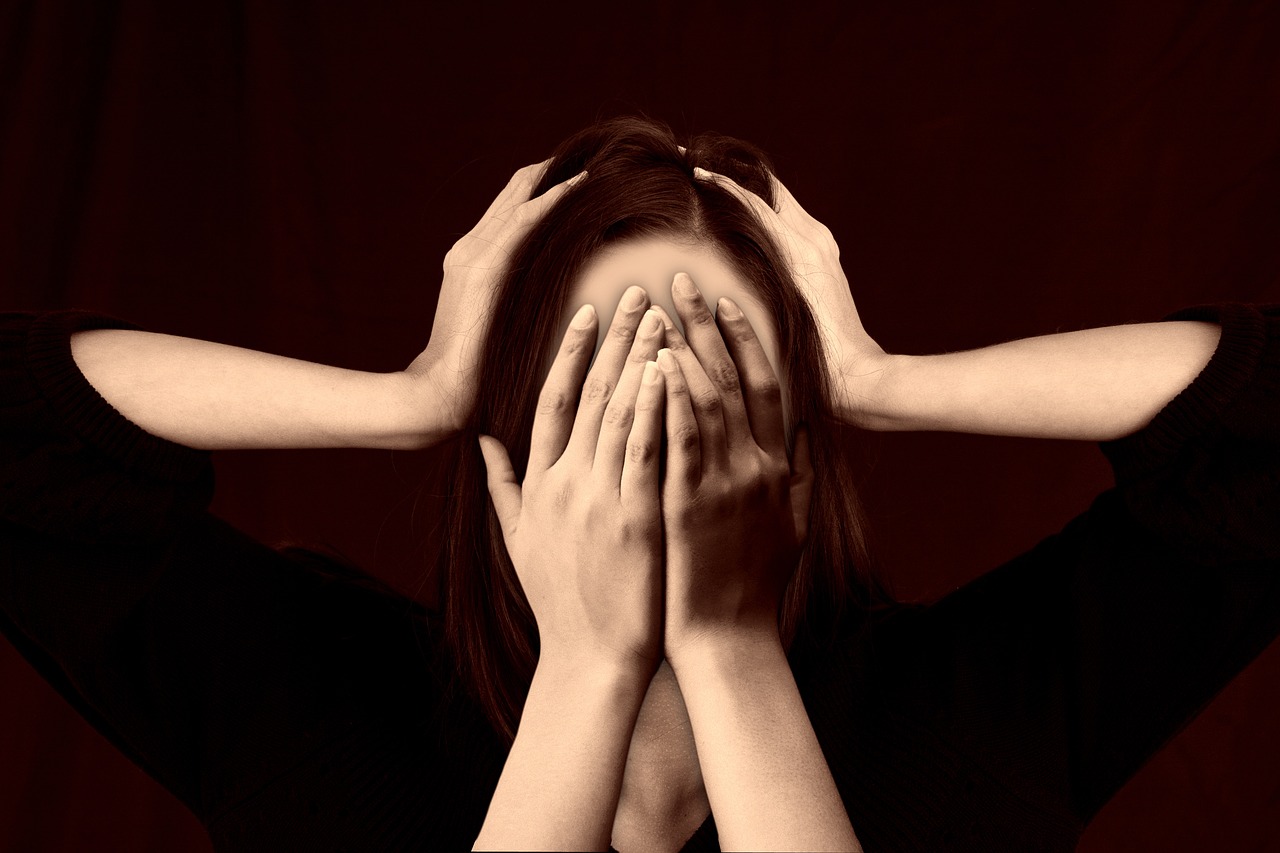
Philosophy's Influence on Political Ideologies
When we think about political ideologies, it’s hard to ignore the profound impact that philosophy has had on their development. Philosophy serves as the backbone, providing the crucial frameworks through which we understand governance, justice, and societal values. From the ancient musings of Plato to the modern theories of John Rawls, philosophical thought has continuously shaped the landscape of political ideology. But how exactly does this interplay work? Let’s dive into the fascinating connections between these realms.
At its core, philosophy asks the big questions: What is justice? What is the role of the state? How should power be distributed? These inquiries are not merely academic; they have real-world implications that shape political systems. For instance, the ideals of liberalism, which advocate for individual freedoms and equal rights, are deeply rooted in the Enlightenment philosophy that emphasized reason and autonomy. Thinkers like John Locke argued for the social contract, proposing that governments derive their authority from the consent of the governed. This philosophical underpinning has led to modern democratic systems that prioritize individual rights.
On the other hand, we have conservatism, which often draws on philosophical traditions that value tradition, social order, and authority. Philosophers like Edmund Burke emphasized the importance of societal continuity and the wisdom embedded in established institutions. This perspective has influenced political ideologies that resist rapid change and advocate for gradual reform, highlighting the tension between progressivism and conservatism in contemporary political debates.
Moreover, socialism presents another fascinating case where philosophy plays a critical role. Rooted in the works of Karl Marx and Friedrich Engels, socialist ideology critiques capitalism and advocates for collective ownership and social equality. Marx’s philosophical analysis of class struggle has inspired movements around the world, challenging existing power structures and calling for a more equitable distribution of resources.
To illustrate the diverse influences of philosophy on political ideologies, consider the following table:
| Political Ideology | Philosophical Influence | Key Thinkers |
|---|---|---|
| Liberalism | Individual rights, social contract | John Locke, John Stuart Mill |
| Conservatism | Tradition, social order | Edmund Burke, Russell Kirk |
| Socialism | Class struggle, collective ownership | Karl Marx, Friedrich Engels |
As we can see, the philosophical roots of these ideologies provide a rich tapestry from which political thought emerges. Each ideology not only reflects a set of beliefs but also a way of interpreting human nature and society. This interplay is crucial; it shows us that our political choices are often guided by deeper philosophical convictions, whether we are aware of them or not.
Furthermore, the ethical implications of these ideologies cannot be overlooked. For instance, the liberal emphasis on individual rights raises questions about the extent of state intervention in personal freedoms. Conversely, the socialist focus on equality challenges us to consider how far we are willing to go to ensure that everyone has access to basic resources. These dilemmas highlight the ongoing relevance of philosophical inquiry in shaping our political landscape.
In conclusion, philosophy and political ideology are inextricably linked. The questions posed by philosophers not only influence the formation of political systems but also guide the ethical frameworks that govern society. As we navigate the complexities of modern governance, it’s essential to recognize the philosophical underpinnings that inform our beliefs and actions. After all, understanding these connections can empower us to engage more thoughtfully in the political discourse that shapes our lives.
- How does philosophy influence political ideologies? Philosophy provides the foundational questions and ethical frameworks that shape our understanding of governance, justice, and societal values.
- What are some key philosophical thinkers associated with modern political ideologies? Important figures include John Locke for liberalism, Edmund Burke for conservatism, and Karl Marx for socialism.
- Why is it important to understand the philosophical roots of political ideologies? Understanding these roots helps us navigate political discourse and make informed decisions about governance and societal values.
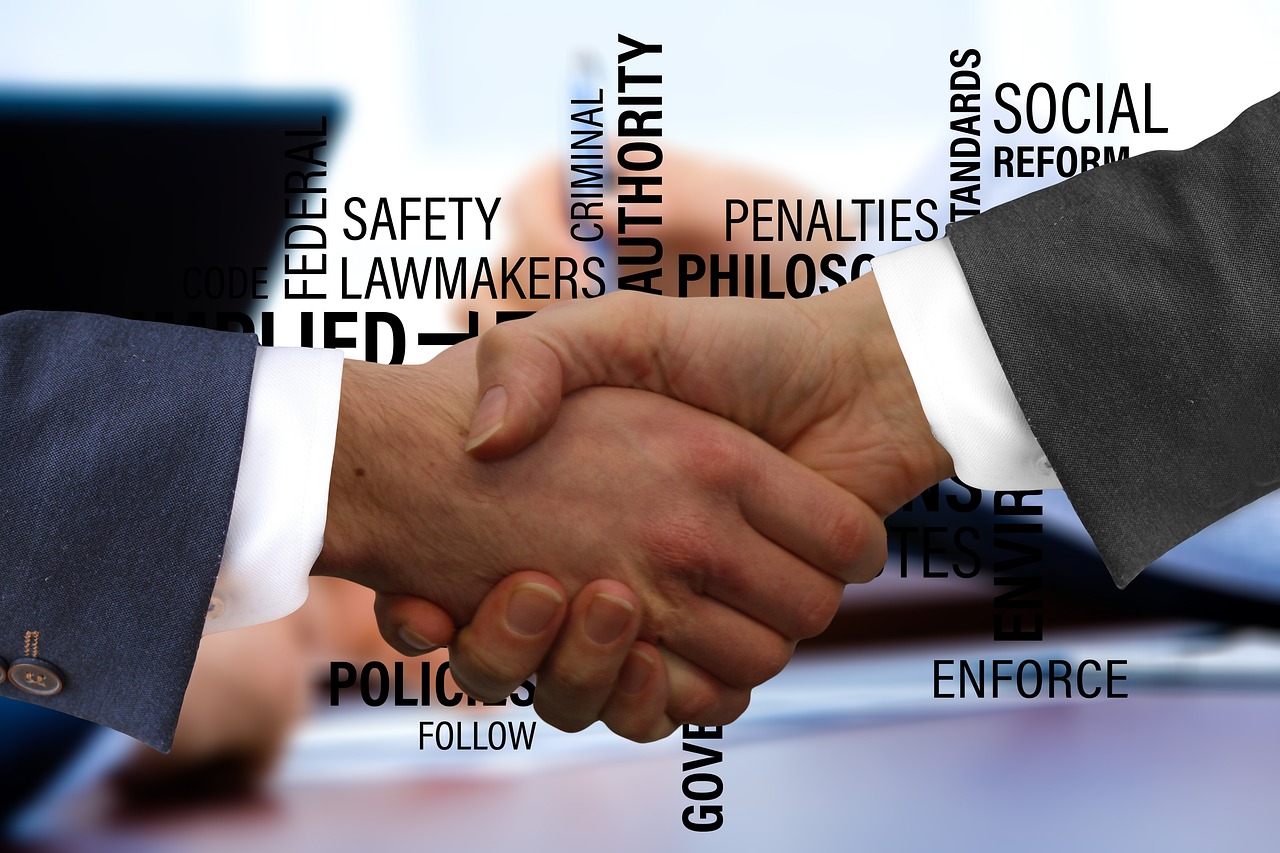
The Ethical Dilemmas at the Intersection
When we dive into the murky waters of philosophy, religion, and politics, we quickly find ourselves face-to-face with a myriad of ethical dilemmas. It's like trying to juggle flaming torches while riding a unicycle—each element has its own set of rules and consequences, and the stakes can be incredibly high. At this intersection, we encounter complex questions about morality, freedom, and the role of authority in our lives. How do we balance the right to believe freely with the need for social order? What happens when the tenets of a faith clash with the principles of a democratic state? These are not just abstract queries; they resonate deeply within our societies and impact the lives of millions.
One of the most pressing dilemmas revolves around the concept of freedom of belief versus state control. On one hand, we cherish the idea that individuals should be free to practice their beliefs without interference. On the other hand, when those beliefs conflict with societal norms or laws, the government often feels compelled to step in. This tug-of-war can lead to significant ethical quandaries. For instance, consider a scenario where a religious group refuses to comply with laws that mandate certain medical treatments for children. Should the state enforce compliance to protect public health, or should it respect the group's religious convictions? This dilemma is emblematic of the broader struggle between individual rights and collective welfare.
Moreover, the intersection of these three domains often brings human rights into the spotlight. The question of compatibility between human rights and religious doctrine can lead to explosive debates. Different cultures interpret human rights through various lenses, and religious teachings can sometimes contradict these principles. For example, some religious doctrines may oppose same-sex marriage or gender equality, raising ethical concerns about discrimination and social justice. In such cases, how do we navigate the waters of respect for religious beliefs while advocating for universal human rights? This is where dialogue becomes crucial—finding common ground without compromising core values.
To further illustrate these dilemmas, let’s consider a few key points:
- Religious Freedom vs. Public Safety: How do we ensure that the practice of religion does not infringe upon the rights and safety of others?
- State Neutrality vs. Religious Expression: Should the state remain neutral, or can it promote certain values that align with the majority's beliefs?
- Ethical Governance: How can governments ethically navigate laws that may conflict with religious beliefs without alienating citizens?
As these questions linger in the air, it’s essential to recognize that the intersection of philosophy, religion, and politics is not merely an academic exercise. It shapes our everyday lives and influences the policies that govern us. The ethical dilemmas we face are not easily resolved, and they require a nuanced understanding of the intricate relationships at play. In a world that is increasingly polarized, fostering conversations that bridge these divides is more important than ever.
- What is the main ethical dilemma at the intersection of philosophy, religion, and politics?
The primary ethical dilemma is balancing the freedom of belief with state control, particularly when religious practices conflict with societal norms or laws. - How do human rights relate to religious doctrines?
Human rights can sometimes conflict with religious doctrines, leading to debates about discrimination, equality, and the treatment of marginalized groups. - Why is dialogue important in resolving these dilemmas?
Dialogue is crucial as it helps find common ground and fosters understanding, allowing for solutions that respect both individual beliefs and societal values.
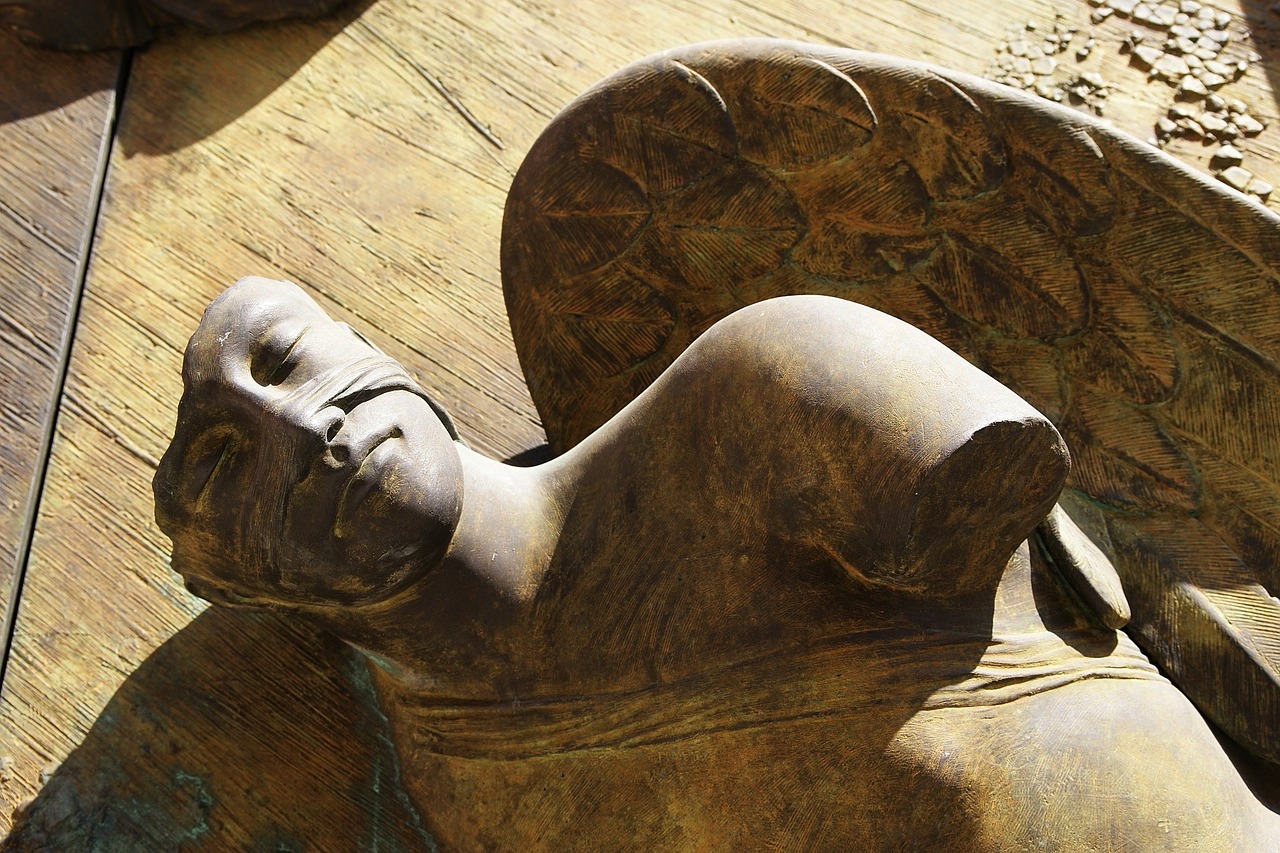
Freedom of Belief vs. State Control
When we dive into the murky waters of freedom of belief versus state control, we uncover a complex web of tensions that shape our societies. Imagine a world where your beliefs are dictated by the government—how would that feel? For many, the thought is unsettling. At its core, this conflict revolves around the fundamental human right to believe in something greater than oneself, juxtaposed against the authority of the state, which often seeks to maintain order and unity.
On one hand, freedom of belief is a cornerstone of democratic societies. It allows individuals to explore their spirituality, practice their religion, or even embrace atheism without fear of persecution. This freedom fosters a rich tapestry of cultures and ideas, contributing to societal growth and understanding. The challenge arises when these personal beliefs clash with the laws and regulations enforced by the state. Governments often impose restrictions to maintain public order, which can lead to ethical dilemmas about how far state control should extend into personal belief systems.
Consider the following scenarios where this tension is evident:
- Religious Expression: In some countries, wearing religious symbols or attire in public spaces is restricted, raising questions about personal freedom versus societal norms.
- State-sanctioned Religion: In theocracies, the government may enforce specific religious practices, leaving little room for alternative beliefs and often leading to discrimination against minorities.
- Atheism and Secularism: In contrast, secular states may promote a non-religious framework, which can marginalize religious communities and their practices.
These scenarios illustrate the delicate balance that must be struck between allowing individuals the freedom to express their beliefs and the state's responsibility to maintain a cohesive society. A key question arises: How do we navigate this balance without infringing on fundamental human rights? The answer is not straightforward. It requires ongoing dialogue, respect for diversity, and a commitment to upholding the principles of justice and equality.
Moreover, the role of public discourse cannot be overlooked. When citizens engage in open conversations about their beliefs, they create a platform for understanding and respect. This dialogue can lead to policies that honor both individual freedoms and the collective good. For instance, countries that embrace pluralism often find a way to coexist with various belief systems while maintaining a stable political environment. The challenge lies in ensuring that laws do not become tools for oppression but rather serve to protect the rights of all individuals.
In summary, the tension between freedom of belief and state control is a dynamic and ongoing struggle. It requires careful consideration of ethical implications, respect for individual rights, and an understanding of the diverse beliefs that enrich our societies. As we continue to grapple with these issues, it’s crucial to remember that fostering a culture of respect and dialogue can pave the way for a more harmonious coexistence.
- What is freedom of belief? Freedom of belief refers to the right of individuals to hold and practice their own beliefs without interference from the state.
- How does state control impact religious practices? State control can restrict religious practices, leading to conflicts between individual rights and government regulations.
- Can a state be truly secular? While many states strive for secularism, achieving a complete separation of religion and state can be challenging, especially in culturally diverse societies.

Human Rights and Religious Doctrine
When we talk about human rights and religious doctrine, we enter a complex arena where beliefs, laws, and ethical standards often clash and intertwine. At the heart of this discussion lies a fundamental question: Can religious beliefs coexist with the universal principles of human rights? This question is not merely academic; it resonates deeply in societies around the world, influencing everything from legislation to daily interactions.
Many religious doctrines promote values that align with the concept of human rights, such as the inherent dignity of every person and the right to freedom of belief. For instance, major world religions like Christianity, Islam, and Buddhism advocate for compassion, justice, and respect for others. However, there are also instances where specific teachings conflict with modern human rights standards. Issues such as gender equality, LGBTQ+ rights, and freedom of expression often highlight these tensions.
To better understand this intricate relationship, let’s examine some of the key areas where human rights and religious doctrines intersect:
- Gender Equality: Many religious texts have traditionally been interpreted in ways that limit the rights of women. However, numerous religious leaders and communities are actively reinterpreting these texts to promote gender equality.
- LGBTQ+ Rights: In various religions, LGBTQ+ identities face significant opposition. Yet, advocacy groups within these faiths are striving for acceptance and inclusion, arguing that love and compassion are central to their beliefs.
- Freedom of Expression: While many religions encourage open dialogue and discussion, some doctrines impose restrictions on dissenting views, leading to conflicts with the right to free speech.
These examples illustrate that the relationship between human rights and religious doctrine is not static; it evolves as societies change and as interpretations of sacred texts are challenged. In many cases, religious communities are at the forefront of advocating for human rights, using their platforms to push for social justice and reform.
Moreover, the dialogue between human rights advocates and religious leaders can lead to significant advancements in both fields. For instance, interfaith initiatives often foster a deeper understanding of human rights issues within religious contexts, encouraging believers to reflect on how their faith aligns with the principles of equality and justice. This collaborative spirit can lead to transformative outcomes, where both human rights and religious values are upheld.
However, the road to reconciliation is fraught with challenges. In some regions, religious authorities wield considerable power over political systems, making it difficult to implement human rights reforms that contradict established doctrines. This dynamic raises critical ethical questions: How do we navigate these conflicts without infringing on the rights of individuals to practice their faith? The answer may lie in fostering a culture of respect and dialogue, encouraging both sides to listen and learn from one another.
In conclusion, the intersection of human rights and religious doctrine presents a rich tapestry of challenges and opportunities. As society continues to evolve, the dialogue surrounding these issues must remain open and inclusive. Only through understanding and collaboration can we hope to create a world where both human rights and religious beliefs coexist harmoniously.
- What are human rights? Human rights are the basic rights and freedoms that belong to every person in the world, from birth until death.
- How do religious doctrines influence human rights? Religious doctrines can shape moral values and ethical standards, which in turn can influence laws and societal norms regarding human rights.
- Can religious beliefs support human rights? Yes, many religious beliefs advocate for the dignity and rights of individuals, promoting values such as compassion and justice.
- What are some conflicts between human rights and religious doctrines? Conflicts may arise in areas such as gender equality, LGBTQ+ rights, and freedom of expression, where traditional interpretations of religious texts may clash with modern human rights standards.
Frequently Asked Questions
- What is the relationship between philosophy and religion?
Philosophy and religion often intersect, as philosophical thought can provide the foundations for religious beliefs. Philosophers like Plato and Kant have explored concepts of the divine and morality, influencing how people understand their faith and ethical principles.
- How does religion influence political systems?
Religion has played a crucial role in shaping political structures throughout history. Many laws and governance systems are influenced by religious doctrines, which often establish moral and ethical standards that guide societal behavior.
- What is the difference between theocracy and secularism?
A theocracy is a form of government where religious leaders control political authority, integrating religious law into the legal system. In contrast, secularism advocates for a separation between religion and state, promoting governance based on reason and individual rights rather than religious doctrine.
- How do religious leaders impact politics?
Religious leaders can significantly influence political spheres by swaying public opinion and guiding moral discussions. Their authority often extends beyond spiritual matters, impacting policy decisions and community values.
- Can you provide examples of religion in modern politics?
Yes! There are numerous case studies, such as the role of Islam in the governance of countries like Iran, or the influence of Christianity in American politics. These examples illustrate how deeply intertwined religion and politics can be in shaping laws and societal norms.
- How does philosophy shape political ideologies?
Philosophical ideas are foundational to political ideologies like liberalism, conservatism, and socialism. Each ideology reflects different ethical views and approaches to governance, often rooted in philosophical discussions about human nature, rights, and the role of the state.
- What are some ethical dilemmas at the intersection of philosophy, religion, and politics?
Ethical dilemmas often arise when individual beliefs clash with state regulations. Issues like freedom of belief versus state control or the compatibility of human rights with religious doctrines highlight the complex moral landscape that emerges from these intersections.
- How do human rights principles relate to religious doctrines?
The relationship between human rights and religious doctrines can be complicated. While some religious beliefs support human rights, others may conflict with them, leading to debates and discussions about how to reconcile these differences in various cultural contexts.



